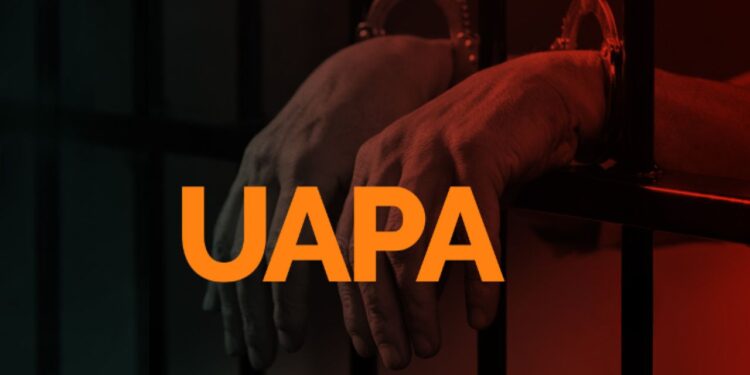UAPA Tribunal Upholds 5-Year Ban on Sikhs for Justice (SFJ) as Unlawful Association
The Unlawful Activities (Prevention) Tribunal on Friday confirmed the Central Government’s decision to extend the ban on Sikhs for Justice (SFJ) as an unlawful association under the Unlawful Activities (Prevention) Act (UAPA).
In July 2024, the Union Government renewed its designation of SFJ as an unlawful association, imposing a ban for another five years. Under the UAPA, such a ban requires confirmation by the Tribunal, which must assess the evidence and issue an order under Section 4 of the Act.
Tribunal Findings
Presided over by Delhi High Court judge Justice Anoop Kumar Mendiratta, the Tribunal ruled that there was sufficient evidence to substantiate SFJ’s links to Khalistani terror groups such as Babbar Khalsa International and Khalistan Tiger Force. The group was also found to have collaborated with Pakistan’s Inter-Services Intelligence (ISI) to revive militancy in Punjab.
The Tribunal noted that SFJ engaged in a range of unlawful activities, including:
- Radicalizing Youth: Using social media platforms to recruit and radicalize young individuals.
- Terror Financing: Supporting terror operations through smuggling networks.
- Issuing Death Threats: Targeting prominent Indian leaders, including the Prime Minister and Home Minister.
- Inciting Mutiny: Attempting to instigate Sikh personnel in the Indian Army to rebel.
- Targeting Infrastructure: Organizing attacks on critical infrastructure like power plants and railways.
- Disrupting National Events: Planning to disrupt key events, including the G20 Summit.
The Tribunal highlighted SFJ’s increased unlawful activities, noting a sharp rise in FIRs linked to the organization from 11 in 2019, when it was first declared unlawful, to 122 by 2024.
Cyber Exploitation and Propaganda
The Tribunal observed that SFJ exploited digital platforms to propagate its separatist agenda. Automated calls and videos were used to:
- Incite separatist sentiments.
- Circulate threats against Indian leaders and institutions.
- Disseminate propaganda, including urging acts such as burning the Indian flag and sabotaging national events.
Evidence Presented
The Central Government supported its case with testimonies from 52 witnesses, including senior police and intelligence officials. The evidence also included videos, documents, and direct admissions by SFJ leader Gurpatwant Singh Pannun.
Conclusion
The Tribunal concluded that SFJ’s activities posed a grave threat to India’s national security, violating both the UAPA and the Indian Constitution. Accordingly, it upheld the government’s decision to ban SFJ for five years.
Representation
Additional Solicitor General SD Sanjay and advocate Rajat Nair appeared for the Union of India.
This decision reaffirms the government’s stance on combating separatist and terror-linked activities, particularly those threatening India’s sovereignty and security.

















